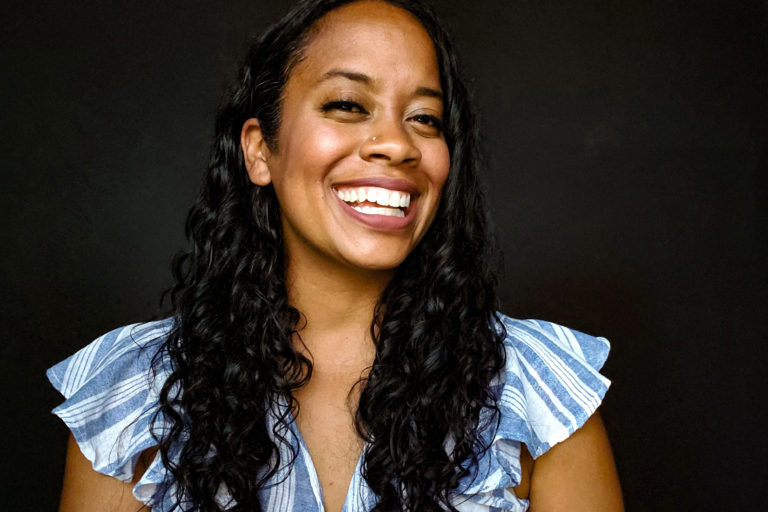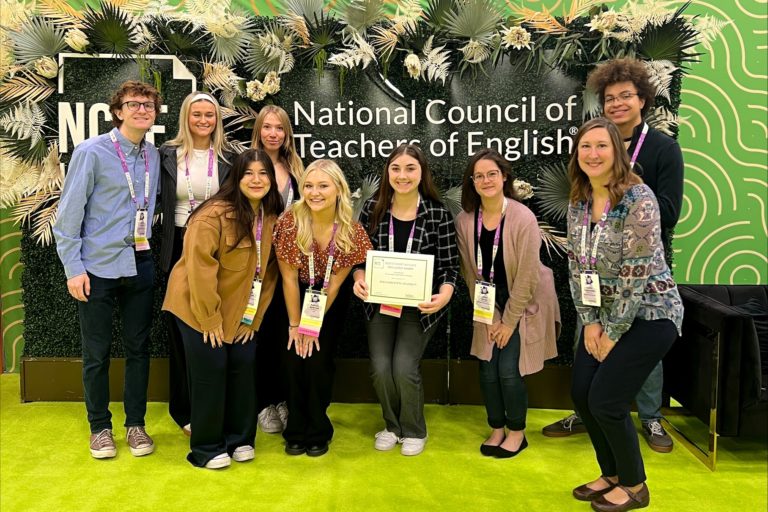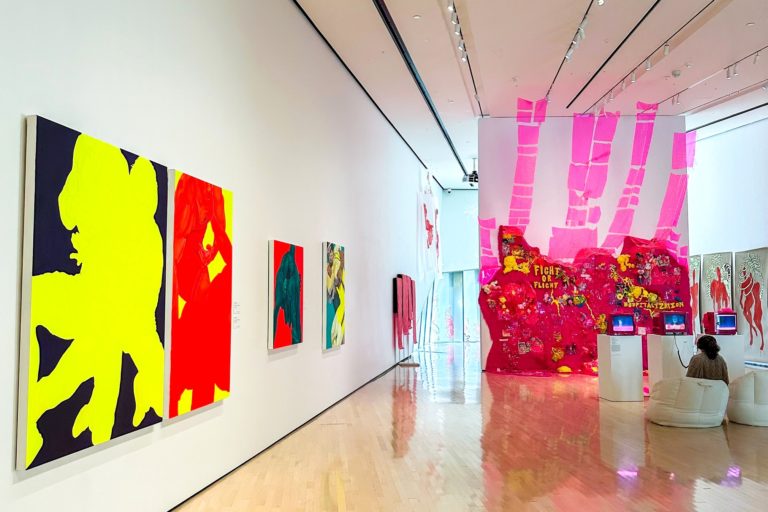
An exhibition featuring the work of Qais Assali, Visiting Assistant Professor and Artist-in-Residence: Critical Race Studies, will be displayed at the MSU Union Art Gallery March 15-May 11.
An opening reception for the exhibit is scheduled for Friday, March 15, from 6 to 8 p.m. at the MSU Union Art Gallery. Assali will do an artist talk on Wednesday, March 20, at 7 p.m. at the Eli and Edythe Broad Art Museum.
This solo exhibit, titled Costume Party at the Moslem Temple and full program of screenings, exhibitions, performances, and talks led by Assali, titled Doubling Displacement, explores mimetics in art and diasporic aesthetics to open an American “New Palestine” as a political and metonymic space for discussion.
The exhibit deals with creating connections between the U.S. Midwest and the Middle East as well as the past and the present to question political future. Assali links between sites, communities, and ideas he has discovered in areas such as New Palestine, Ohio, and New Palestine, Indiana; the Orientalist Shriners; and Dearborn, Michigan.

“From Moslem to Muslim, from the Middle East to the Midwest and back again, I asked myself if I was exaggerating or oversensitive to the offensive images,” Assali said. “I asked colleagues and friends if I was overreacting or blowing things out of proportion. So I blew up the proportions, scaled up the archive of amassed images and the research into their ‘temple’. Temples to or for what? I went in to out them, to blast their secrets on a billboard, a float, but failed. The billboard was rejected by the advertising agency. The depressed float can’t protest in the streets, and the offensive billboard can’t shout its recriminations.”
Assali has been working on the Costume Party at the Moslem Temple exhibit during his time at MSU as part of the Department of Art, Art History, and Design’s Critical Race Studies Residency program, which was established in 2017 thanks to a $750,000 gift from the Michigan State University Federal Credit Union (MSUFCU).
For the exhibit, Assali investigated, researched, and made connections between The Shriner’s Moslem Temple in Southfield, Michigan, and Michigan’s Muslim Communities of Dearborn and Hamtramck.
“How can the Arab/Muslim community of Dearborn persist, resist, and conceal itself right out in the open while the Shriners parade a grotesque Arabesque float just a few kilometers away? This questions came to me as I drove the straight line between Dearborn and Southfield, back and forth from the ‘Temple’ to the Mosques,” said Assali, who met with local Arab and Muslim artists from Dearborn’s diaspora of Syrians, Iraqis, Lebanese, and fellow Palestinians to discuss the Shriners and the local communities’ thoughts, interests, and concerns.

“While engaging these communities and questions through my practice and time in Lansing, through the making of this show, I have found an endless fountain of knowledge,” said Assali, who uses his works with video, installation, sculpture, lecture performance, sound, photography, and in the archives to seek to engage and subvert national geopolitical power dynamics. His interdisciplinary work stages questions between site and the body in relation to his own identity and locale in order to debunk metaphoric surrounding contested geographies.
Assali’s work has been exhibited internationally, including at Jeune création, Paris; Festival Artes Vertentes de Tiradentes, Brazil; Terrain Biennial, Chicago; Tang Teaching Museum, New York; 6018North, Chicago; and solo exhibitions at Akademirommet, Kunstnernes Hus, Oslo, and Khan Al Wakala, Nablus.
Assali has been a faculty member at a number of academic institutions in Palestine including Al-Ummah College, Jerusalem. He holds two master’s degrees – an M.F.A. from Bard College, New York, and an M.A. in Art Education from the School of the Art Institute of Chicago.


